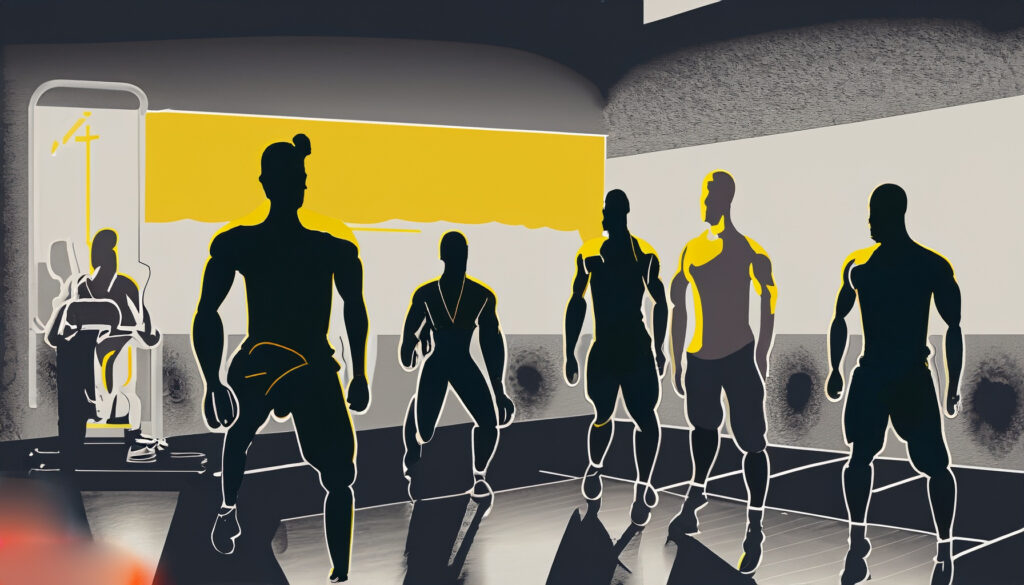
Mental Health is Other People: The Power of Connection and Community
At Maverick, we've always valued the power of community. We see it in action every day, particularly through the work of our personal trainers and physical therapists, who not only help clients achieve physical health goals but also foster a sense of belonging and connection. These interpersonal relationships are essential for our well-being, a belief increasingly supported by a growing body of research, as illustrated in a recent article from the BBC Science Focus Magazine by Kelly Oaks.
Small Talk, Big Impact
Dr Gillian Sandstrom, a senior lecturer in the psychology of kindness at the University of Sussex, studies the psychological benefits of small, day-to-day interactions. These are the kinds of interactions our personal trainers and physical therapists often engage in with their clients. Such interactions not only help build trust and rapport, but they also have a significant positive impact on the client's mental health.
The Body-Mind Connection
While we are all aware that a balanced diet and regular exercise are vital to our health, research is increasingly showing that our social connections—our sense of community—play an equally important, if not greater role, in our physical and mental well-being. This insight is especially relevant for personal trainers and physical therapists, who are in unique positions to facilitate such connections, thereby improving their clients' overall health and well-being.
Social Fitness: A New Health Paradigm
Just as we need a regular fitness regime to maintain our physical health, we need to be proactive in maintaining our social connections—our "social fitness." Robert Waldinger, professor of psychiatry at Harvard Medical School, emphasizes the importance of actively nurturing and maintaining our social networks. In the context of personal training and physical therapy, this could mean encouraging clients to participate in group classes or activities, which can foster a sense of community and provide a psychological safety net that protects against chronic stress and loneliness.
Strengthening Our Social Fitness
The ideal social life will vary between people. The key is to assess whether the connections you have at the moment are meeting your needs. For personal trainers and physical therapists, it's about understanding each client's individual needs and helping them find the right balance between personal growth and community involvement.
If you feel the need to expand your social network, be prepared to make the first move. You could reconnect with someone from your past, or join a group or class. Sticking to familiar routines can also help form connections with people who are not quite strangers, but not yet friends.
The Power of Conversation
Building your confidence by talking with strangers can be a good starting point. Dr. Sandstrom's research shows that people who engage in a game of speaking to new people repeatedly over a week became more confident in their conversational abilities. For personal trainers and physical therapists, this could mean taking the initiative to strike up a conversation with a new client or someone else at the gym.
However, it's not just about the quantity of social interactions—it's about the quality. Digital technology can help maintain existing relationships, but it's important to be intentional about how we use it. Passive consumption of social media, for example, might give us a feeling of connection, but it doesn't replace the benefits of real, in-person interaction. As personal trainers and physical therapists, it's essential to create meaningful, face-to-face connections with clients to truly support their health and well-being
No Comments.